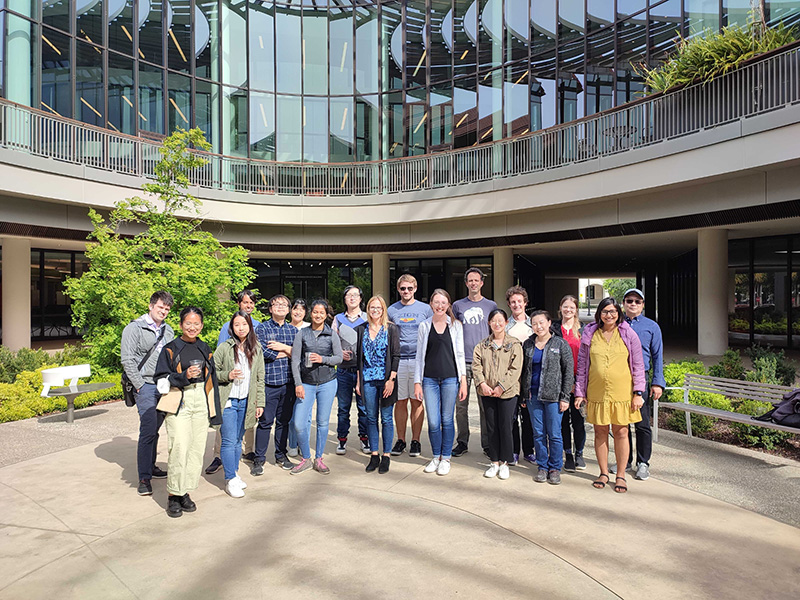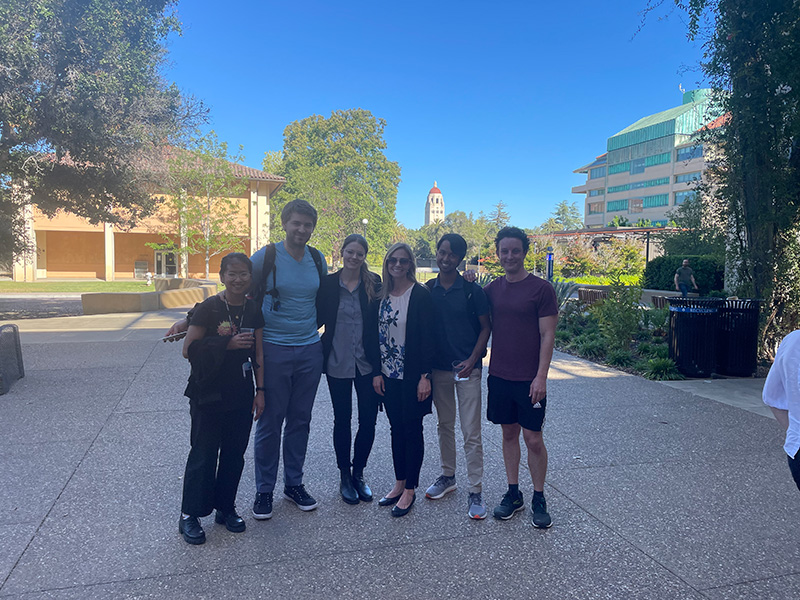Academic Achievements and Research Focus
Now, Dr. Curtis is a Professor of Medicine (Oncology), Genetics and Biomedical Data Science and an Endowed Scholar at Stanford University. She also serves as the Director of Artificial Intelligence and Cancer Genomics and of Breast Cancer Translational Research. Her research primarily focuses on understanding breast cancer progression and response to therapy. Over the years, she has garnered multiple awards for her groundbreaking contributions to breast cancer research.
Dr. Curtis has been a recipient of V Foundation funding, which has played a crucial role in advancing her breast cancer research endeavors. Initially awarded as a V Scholar in 2012, the funding supported innovative ideas in breast cancer research. Subsequent grants have enabled her to delve deeper into understanding breast cancer tumor evolution, therapy evasion, and metastasis, laying the foundation for personalized breast cancer therapies.
Personalized Therapies and Chemotherapy Optimization
Building upon that breast cancer research, Dr. Curtis received a translational grant from the V Foundation in 2016 focused upon developing personalized therapies. The goal was to understand how patients may or may not benefit from chemotherapy. Chemotherapy is vitally important in cancer treatment today, but it can be toxic to the body.
“We want to make sure that the patients that need it receive it and those that don’t have to receive this drug or in instances where patients might not achieve sufficient benefit. We want to spare them that toxicity.”






